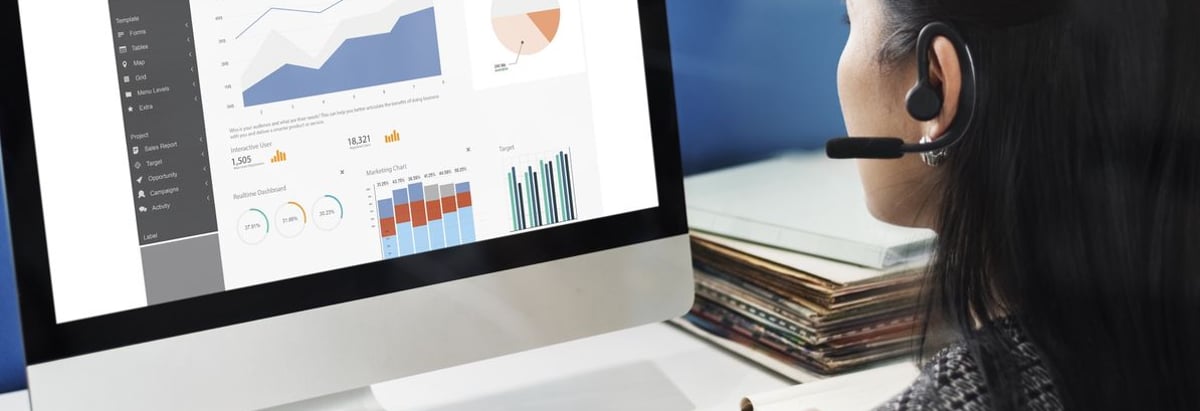
Today, I will be analyzing PCI-PAL PLC’s (AIM:PCIP) recent ownership structure, an important but not-so-popular subject among individual investors. Ownership structure has been found to have an impact on shareholder returns in both short- and long-term. Differences in ownership structure of companies can have a profound effect on how management's incentives are aligned with shareholder returns, and whether they adhere to corporate governance best practices. Although this is an important factor for long-term investors, many investors can also be impacted by institutional presence and their high-volume trading. Now I will analyze PCIP's shareholder registry in more detail.
Check out our latest analysis for PCI-PALInstitutional Ownership
Institutions account for 35.92% of PCIP's outstanding shares, a significant enough holding to move stock prices if they start buying and selling in large quantities, especially when there are relatively small amounts of shares available on the market to trade. These moves, at least in the short-term, are generally observed in an institutional ownership mix comprising of active stock pickers, in particular levered hedge funds, which can cause large price swings. For shareholders in PCIP, sharp price movements may not be a major concern as active hedge funds hold a relatively small stake in the company. Although this doesn't necessarily lead to high short-term volatility, we should dig deeper into PCIP's ownership structure to find how the remaining owner types can affect its investment profile.Insider Ownership
Insiders form another group of important ownership types as they manage the company's operations and decide the best use of capital. Insider ownership has been linked to better alignment between management and shareholders. A major group of owners of PCIP is individual insiders, sitting with a hefty 31.60% stake in the company. Broadly, insider ownership of this level has been found to negatively affect companies with consistently low PE ratio (underperforming). And a positive impact has been seen on companies with a high PE ratio (outperforming). It's also interesting to learn what PCIP insiders have been doing with their shareholdings lately. Insiders buying company shares can be a positive indicator of future performance, but a selling decision can simply be driven by personal financial needs.General Public Ownership
The general public holds a substantial 26.16% stake in PCIP, making it a highly popular stock among retail investors. With this size of ownership, retail investors can collectively play a role in major company policies that affect shareholders returns, including executive remuneration and the appointment of directors. They can also exercise the power to decline an acquisition or merger that may not improve profitability.Private Equity Ownership
Private equity firms hold a 6.27% stake in PCIP. With a stake of this size, they can be influential in key policy decisions. This is a positive sign for potential investors as these firms play an important role in aligning company policy with shareholder returns.Private Company Ownership
Another group of owners that a potential investor in PCIP should consider are private companies, with a stake of 0.059%. While they invest more often due to strategic interests, an investment can also be driven by capital gains through share price appreciation. However, an ownership of this size may be relatively insignificant, meaning that these shareholders may not have the potential to influence PCIP's business strategy. Thus, investors not need worry too much about the consequences of these holdings.Next Steps:
The company's high institutional ownership makes margin of safety a very important consideration to existing investors since long bull and bear trends often emerge when these big-ticket investors see a change in long-term potential of the company. This will enable shareholders to comfortably invest in the company while avoid getting trapped in a sustained sell-off that is often observed in stocks with this level of institutional participation. However, ownership structure should not be the only determining factor when you’re building an investment thesis for PCIP. Rather, you should be examining fundamental factors such as the intrinsic valuation, which is a key driver of PCI-PAL’s share price. I highly recommend you to complete your research by taking a look at the following:
- Financial Health: Is PCIP’s operations financially sustainable? Balance sheets can be hard to analyze, which is why we’ve done it for you. Check out our financial health checks here.
- Past Track Record: Has PCIP been consistently performing well irrespective of the ups and downs in the market? Go into more detail in the past performance analysis and take a look at the free visual representations of PCIP's historicals for more clarity.
- Other High-Performing Stocks: Are there other stocks that provide better prospects with proven track records? Explore our free list of these great stocks here.
New: Manage All Your Stock Portfolios in One Place
We've created the ultimate portfolio companion for stock investors, and it's free.
• Connect an unlimited number of Portfolios and see your total in one currency
• Be alerted to new Warning Signs or Risks via email or mobile
• Track the Fair Value of your stocks
Have feedback on this article? Concerned about the content? Get in touch with us directly. Alternatively, email editorial-team@simplywallst.com
Simply Wall St analyst Simply Wall St and Simply Wall St have no position in any of the companies mentioned. This article is general in nature. We provide commentary based on historical data and analyst forecasts only using an unbiased methodology and our articles are not intended to be financial advice. It does not constitute a recommendation to buy or sell any stock and does not take account of your objectives, or your financial situation. We aim to bring you long-term focused analysis driven by fundamental data. Note that our analysis may not factor in the latest price-sensitive company announcements or qualitative material.
About AIM:PCIP
PCI-PAL
Through its subsidiaries, engages in the provision of payment card industry (PCI) compliance solutions and telephony services primarily in the United Kingdom, the United States, Canada, rest of Europe, and the Asia Pacific.
Reasonable growth potential and slightly overvalued.
Market Insights
Community Narratives



